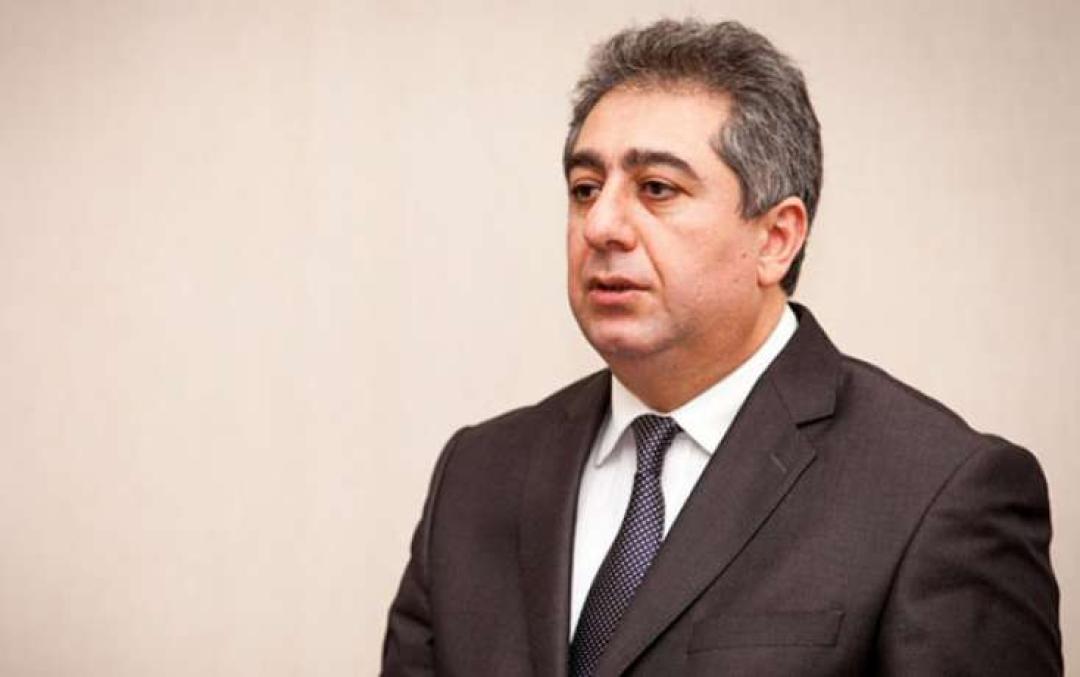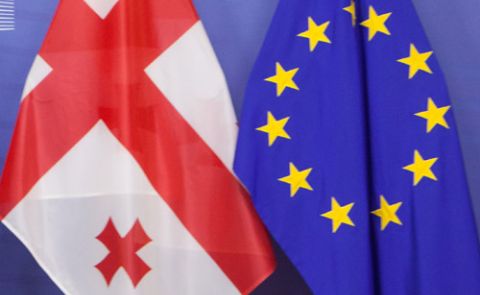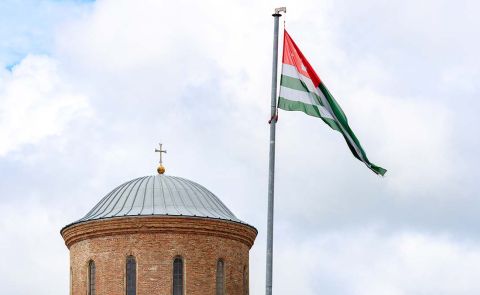
Azerbaijani Economist and Critic Gubad Ibadoglu Shifted to House Arrest Amid Health Concerns

On April 22, Baku's Narimanov district court placed Gubad Ibadoglu, a well-known economist and government critic, under house arrest.
Despite this change, Ibadoglu did not view the decision as a release from custody. "I am not considered released from prison because the charges against me remain, and there are substantial restrictions with this house arrest. I cannot leave the territory of Baku city or Azerbaijan, nor can I change my fixed place of residence without prior notification," Ibadoglu explained, noting that the decision should not be seen as an indication of his complete freedom.
Regarding his health, Ibadoglu mentioned ongoing issues exacerbated by high sugar levels, which have recently led to complications. "The consequences are becoming apparent, necessitating immediate medical intervention. I plan to focus on this more closely and will continue my treatment with the guidance and examination of independent doctors," he stated.
Ibadoglu also expressed gratitude to various supporters for their roles following his shift to house arrest. He thanked his legal team, the defense committee, international organizations, representatives of independent media, the management and staff of the detention center, and his friends.
Previously a long-time member of the Musavat party's ruling committee, Ibadoglu left in 2015 to establish the pro-opposition ADR movement with his supporters. He has held teaching positions at prestigious institutions in the United States and Great Britain. Just two weeks before his arrest, he announced the creation of the Fund for the Education of Azerbaijani Youth in Britain, aimed at "returning the dirty money stolen by the Azerbaijani authorities from the people and spending it on the education of young people abroad." This declaration was criticized by media outlets close to the government, which accused Ibadoglu, along with professor Jamil Hasanli and former diplomat Arif Shahmarli, of attempting to recruit young people abroad under the guise of education.
See Also


BP Strengthens Presence in Azerbaijan’s Offshore Energy Sector

Netanyahu’s Letter to Aliyev: Mutual Trust, Solidarity Following Hamas Attacks, Facilitating Dialogue Between Israel and Türkiye

Azerbaijan Expands JF-17 Thunder Fighter Jet Order from 16 to 40 Units

EU Commissioner and NATO PA Warn Georgia Over Democratic Decline Amid Accession Challenges

